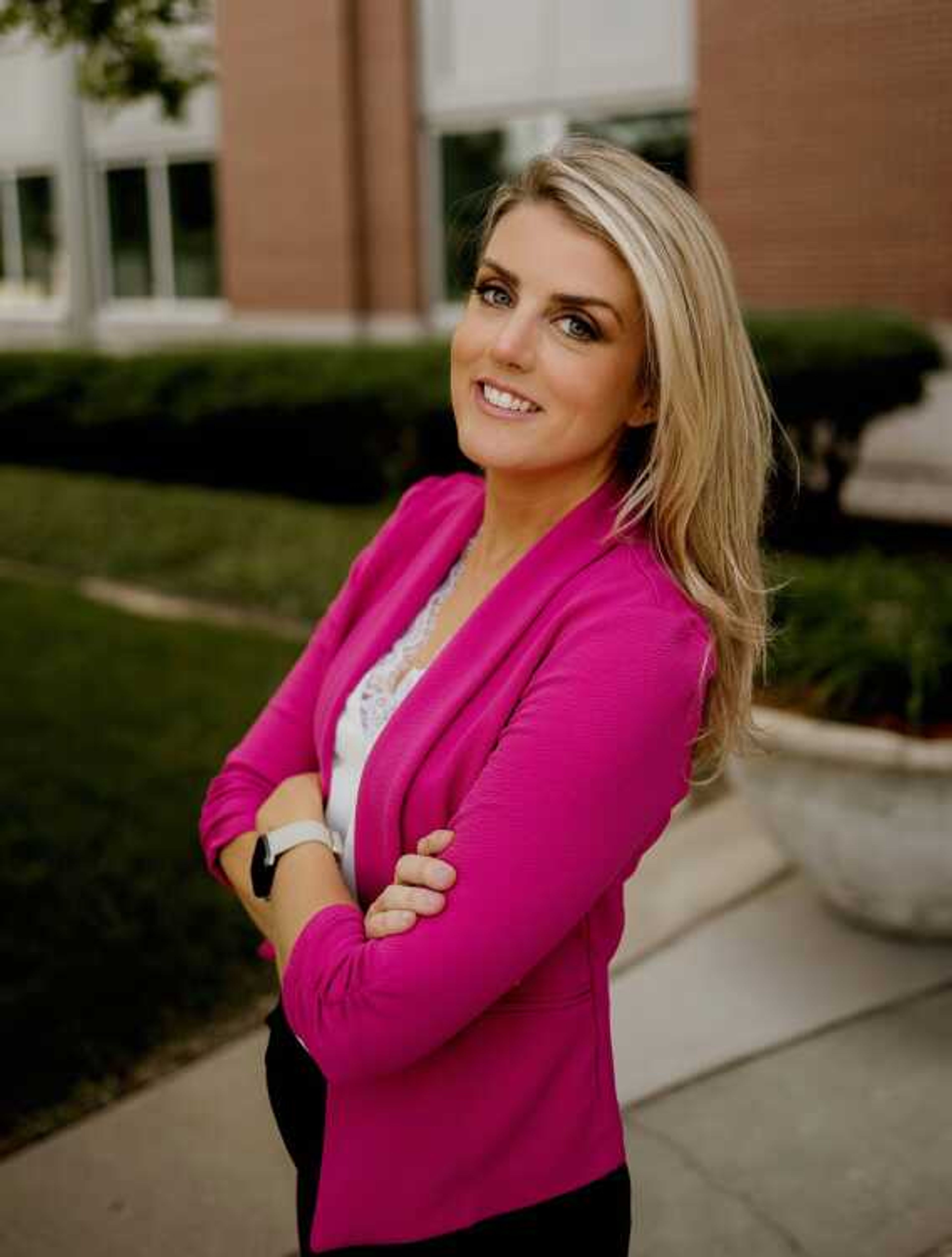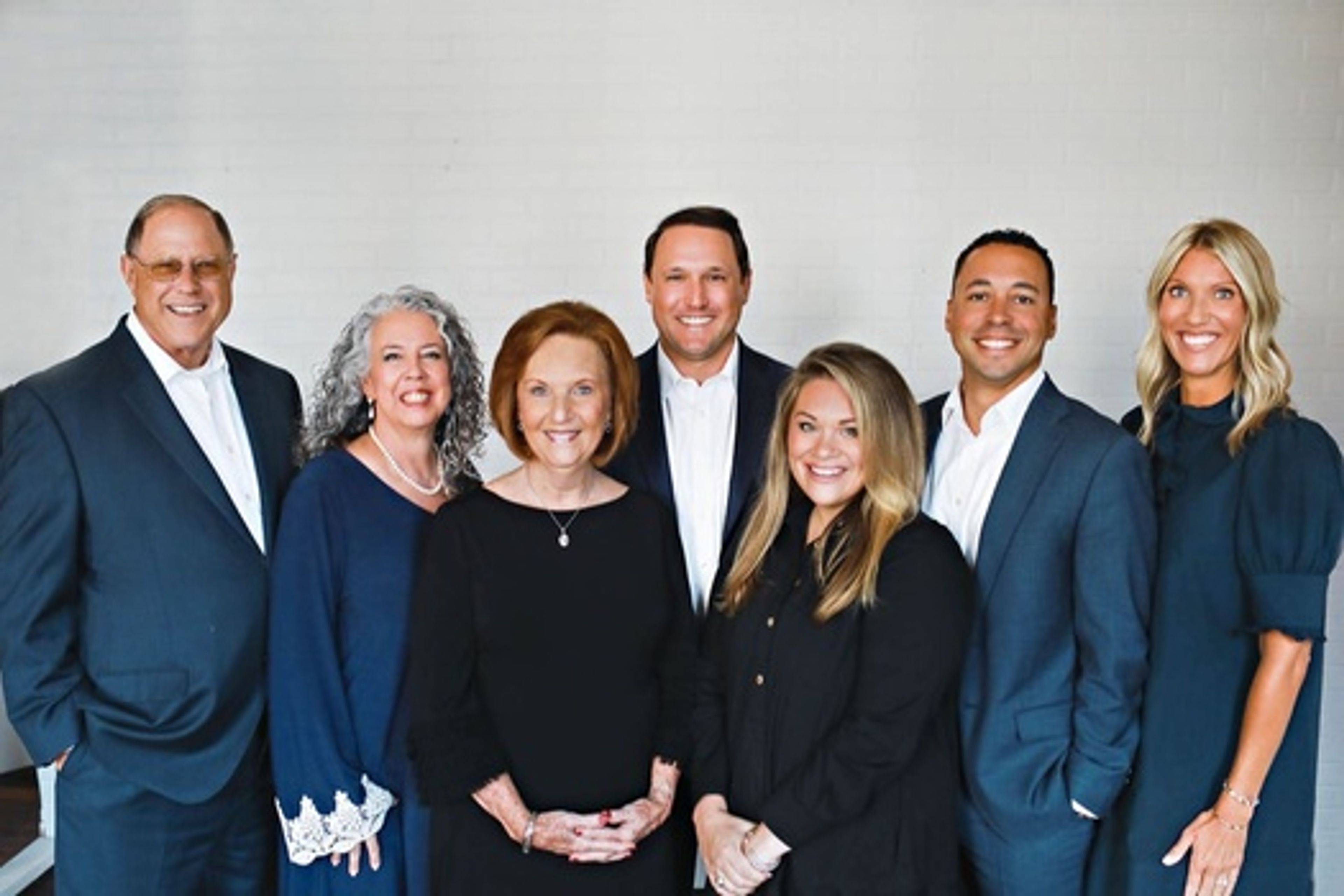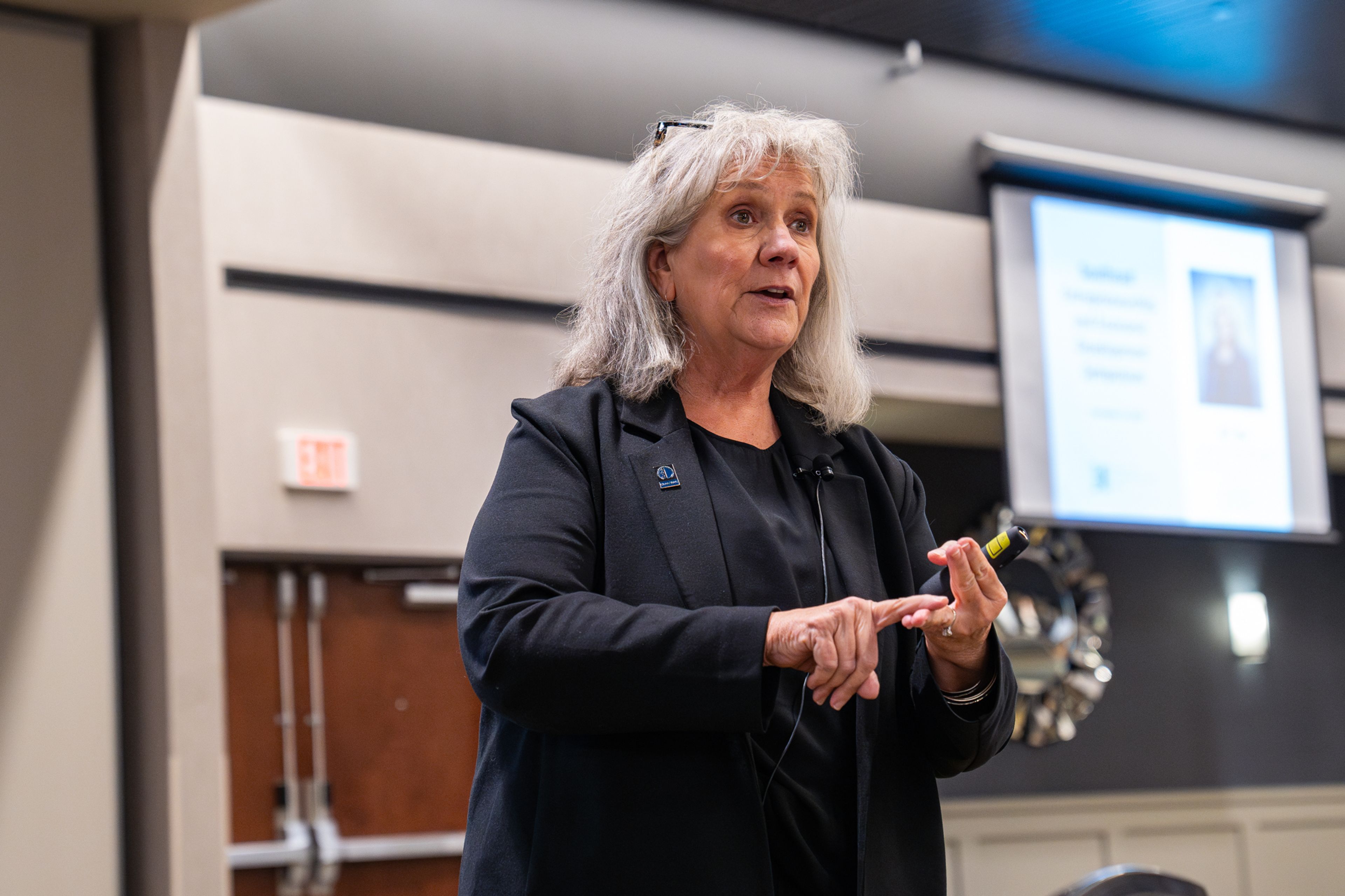Sponsored: Financial advisor Brooke Roth on navigating new retirement rules
Navigate retirement changes with Brooke Roth's expert advice on the SECURE 2.0 Act. Learn how new rules impact Roth 401(k)s, catch-up contributions, RMDs, and more to optimize your retirement strategy.
Brooke Roth is a financial advisor at Edward Jones, with an office in Jackson, Missouri. B Magazine recently asked her about several of the retirement savings changes set to take effect before the end of the year.
B MAGAZINE: The SECURE 2.0 Act eliminates required minimum distributions (RMDs) from Roth 401(k) plans starting this year. How significant is this change for investors who hold these types of accounts, and how should they adjust their retirement strategies accordingly?
BROOKE ROTH: By eliminating the RMD requirement from your Roth 401k, it reduces the amount you are required to withdrawal, which allows your investments more time for growth before distribution. You will want to review your strategy to determine what account(s) are best to take distributions from considering your current tax situation and your desire to leave assets to your heirs.
B MAGAZINE: Starting in 2026, high earners will need to make catch-up contributions to 401(k) plans on a Roth basis. What impact do you anticipate this will have on retirement planning for individuals over 50 with higher incomes?
BROOKE ROTH: In 2026 earners with wages exceeding $145,000 are only allowed to make catch-up contributions to their employer plan on a Roth basis. This generates more after-tax retirement income than saving the same amount on a pretax basis. This change results in fewer options for high-wage earners, but it may progress you toward your retirement goal quicker.
B MAGAZINE: The new provisions allow older spouses to delay RMDs by being treated as if they were the age of the deceased spouse. How does this change potentially benefit spousal beneficiaries, and what should they consider when planning for this?
BROOKE ROTH: The rules governing spousal elections are complicated. Final regulations apply for purposes of determining RMDs for calendar year beginning on or after Jan. 1, 2025. These new provisions give the surviving spouse more flexibility on how they receive these assets. Due to the complexity of these situations, it’s best to speak directly with an advisor and tax professional to determine what is in your best interest.
B MAGAZINE: The reduction of the penalty for missed RMDs from 50% to 25%, and even lower if corrected timely, seems like a relief for many retirees. How do you advise clients who might have missed RMDs in the past?
BROOKE ROTH: There are several ways to take your RMD. If you have missed your RMD in the past, you may want to set up auto distributions from your account to ensure your RMD is fulfilled. Some clients like to break up their distribution, receiving a portion monthly. While others pick a specific date, like their birthday to take their distribution. If you're concerned about missing your RMD, I would suggest automating it.
B MAGAZINE: The SECURE 2.0 Act introduced statutes of limitations for both missed RMDs and excess contributions. How does this change the landscape for retirees and those still contributing to their retirement accounts?
BROOKE ROTH: The changing regulations are giving retirees more options on how they take their withdrawals and if they still have earned income, are investing for their retirement. It's important to understand that some of these changes are effective immediately while others are deferred several years into the future. You will want to consult both your financial advisor and tax professional to ensure your current strategy is most beneficial for your situation.
B MAGAZINE: With Roth contributions now allowed in SEP and SIMPLE IRAs, what are the benefits and potential drawbacks for small business owners and self-employed individuals who might consider switching to Roth contributions?
BROOKE ROTH: Something to keep in mind, contributing on a Roth basis generates more after-tax retirement income but could create a taxable event to you. It's essential you consult professionals that understand your situation and can help you make the right decision for your tax situation for now and in the future.
B MAGAZINE: The option for employer-matching contributions to be made as Roth contributions has been available since last year. How should employees decide whether to opt for this and what factors should they consider in their decision-making?
BROOKE ROTH: First, confirm that your plan participates in employer matches to your Roth, it's allowed but not required and determined by each plan. If you receive an employer contribution on a Roth basis, keep in mind that you will owe taxes on those contributions. As a result, you may want to consider increasing your tax withholdings or setting aside additional cash to avoid a surprise at tax time.
B MAGAZINE: With so many changes introduced by the SECURE 2.0 Act, what do you think is the most important piece of advice for investors who may not be fully aware of these new rules?
BROOKE ROTH: Work with a financial advisor, it's our obligation to our clients to stay informed on changes that impact you and your retirement strategy so that we can advise you on how to best reach your goals.
Connect with the Southeast Missourian Newsroom:
For corrections to this story or other insights for the editor, click here. To submit a letter to the editor, click here. To learn about the Southeast Missourian’s AI Policy, click here.









